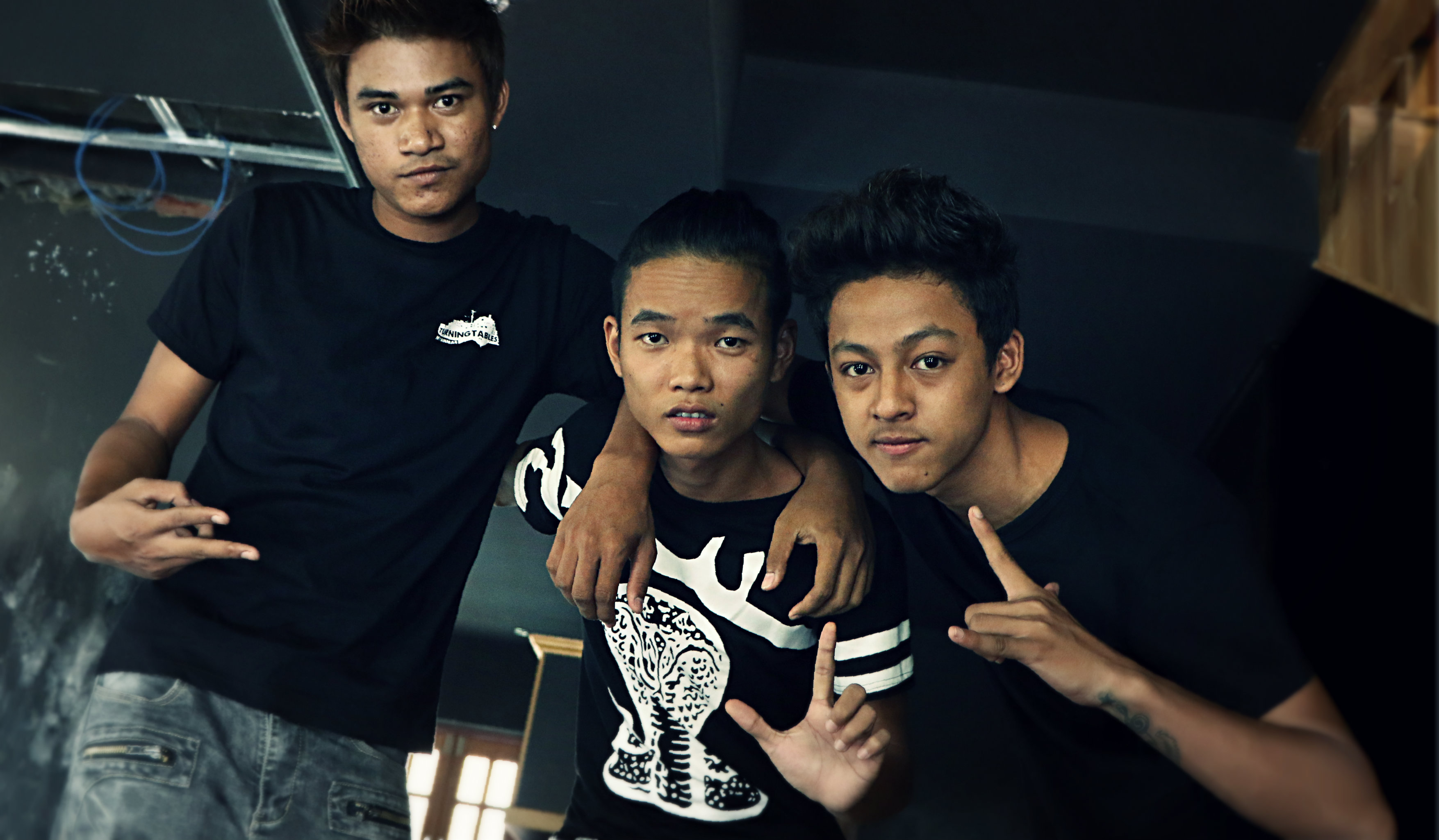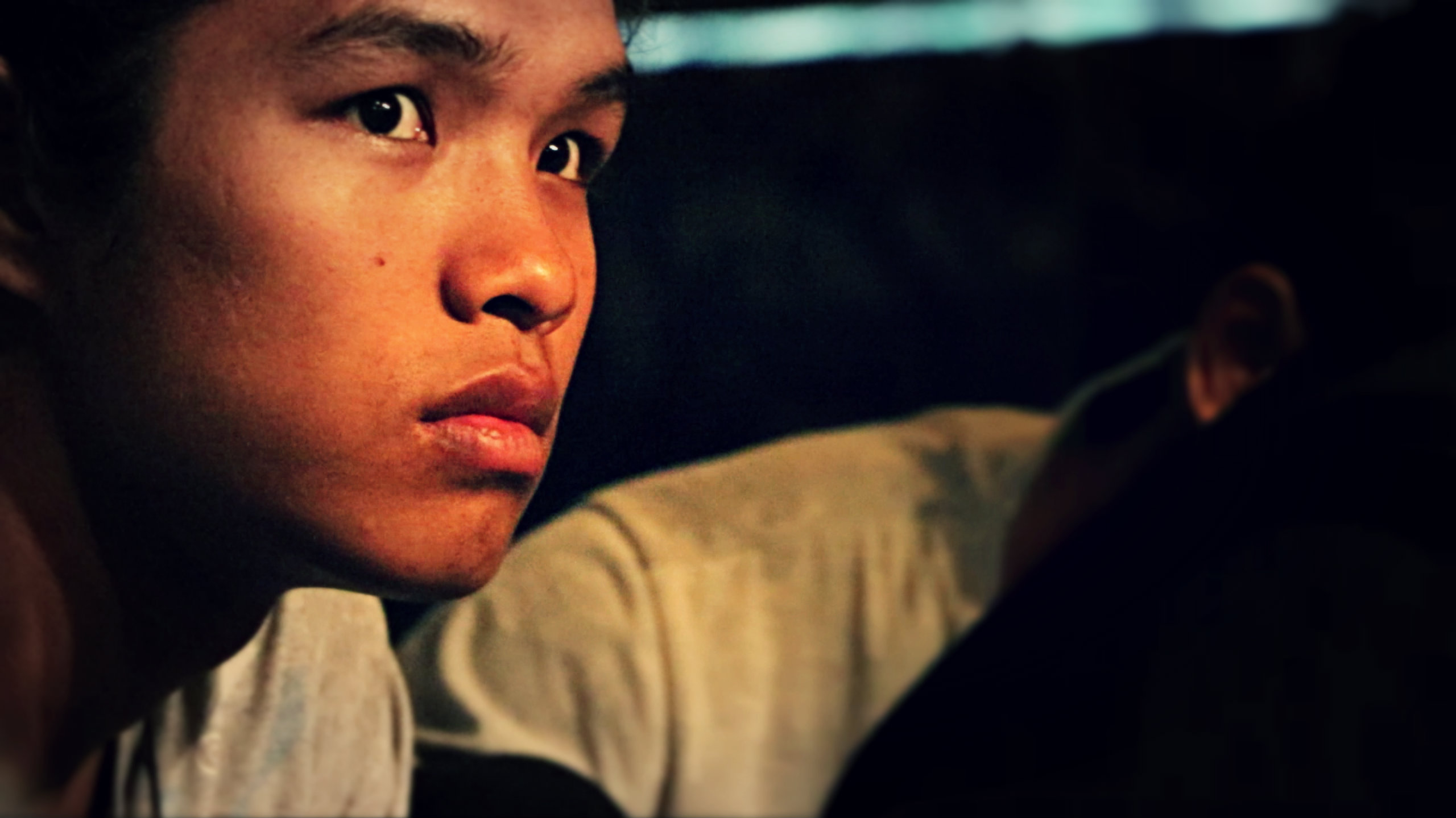June 13-14, the ‘Voice of the Youth’ festival takes place in Yangon. Behind the project is Turning Tables, an international NGO working to empower and give voice to marginalized youth worldwide by providing the tools for music and film production.

An excited and at the same time serious radiation surrounds 20 young people sitting in a circle in the DIY studio in Yangon. They arrived the city just yesterday – coming from different parts of Myanmar to join an 11 days workshop run by the NGO Turning Tables. This weekend they will stand side by side on the scene in Yangon to show the audience their ‘Voice of the Youth’.
“They have common visions and dreams for their country, but they are not able to express their thoughts or share them with each other. Here they can,” Danish project advisor Klara Christensen says.

To find young people with different ethnic, cultural and social backgrounds, Turning Tables has been visiting five different regions in Myanmar the past few months – working close together with the local organization Action Aid Myanmar. The final 20 candidates have been chosen across ethnicity and gender to bring a diverse group of the youth to Yangon.
Connecting ethnic groups
They all have a dream of becoming singers, rappers, musicians or even making film, but most of all they want to be able to express their thoughts and dreams for a better future – each having different bridges to cross.
During Turning Tables’ trip around in the five regions, they have not only met tons of talented and motivated people but also experienced the different barriers that the marginalized youth in Myanmar experiences today. And especially one experience made a strong impression on Klara and the staff, when visiting Myeikhtila, a city in Central Myanmar.
Few years ago, the city went through a violent and severe conflict between Muslims and Buddhist. People were killed and a school with 40 children were burned down.
“The city has not been the same since the conflict, and the two groups are living completely segregated today,” Klara explains.

One night after having a workshop in the city, a group of young Muslim and Buddhist rappers came to thank Turning Tables for visiting their city. They had never met each other although living in the same city, but the workshop had built a bridge between them.
“Suddenly one of them puts on a beat. It gets more and more intense, and they start rapping about politics and about how disappointed they are with the government and its way of handling the situation in Myeikhtila,” Klara tells.
“Compared with other projects run by Turning Tables, the unique thing for the project in Myanmar is that it is not only about giving the young people a voice, but just as much about creating a dialogue between them”.

Strength to fight back
Swe Hlaing Htet, better known as Darko is a musician in Myanmar. He is managing and coordinating the project in Yangon and has written one of the songs that will be performed on the festival.
Being a musician in Myanmar, Darko knows the risk of writing songs with strong lyrics criticizing the government or the military. It is therefore important for him to protect the young people and make sure that the project will not cause any trouble for them.
“It would be too hard for them and it would make them scared. They need to learn how to fight back with non-violent acts by for example producing songs with smart lyrics,” Darko says.

Darko hopes that the boot camp will provide the young people with new ideas and give them a belief in that they can be change makers in their own towns if they want to.
“That is how we start a movement. One song can inspire many people. And if they write songs with these messages, hopefully it can change people’s mind”.

